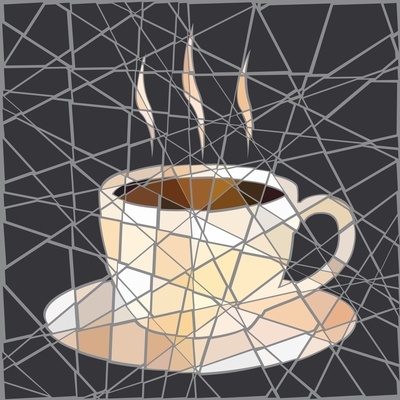We love our coffee, as the multi-billion dollar industry proves. It’s a ritual, an addiction, an energizer and a bonding activity. We also tell ourselves, our co-workers, anyone who will listen that we are better after that first cup of caffeine (or tea or Diet Coke) and after the second one, well—watch out world! But what’s the story behind coffee and our productivity? Is it a reality, a myth—is it all good or can you take it too far? Here’s a short roundup of articles that take some different angles on the productivity-enhancing properties of coffee.
Can Coffee Enhance Productivity?
According to this nifty LifeHack article and infographic, 46% of workers feel they’re less productive without their coffee. There are more fun stats, such as the day of the week we need our coffee most; the amount of, and type of coffee people drink, and where the heaviest coffee drinkers in the country live. Then, there are the caffeine-guzzling professions. Who do you think are the most prolific coffee-drinkers—scientists or writers?
Coffee Breaks Don’t Boost Productivity After All
This Harvard Business Review article is really about the effectiveness of micro-breaks, based on studies conducted by Professor Charlotte Fritz on how people unwind from work, and what kind of “microbreaks” proved to be the most effective. Coffee is included here with the findings stating that caffeine is associated with more fatigue rather than less and that work-related breaks—from learning something new to setting goals to doing something that makes a colleague happy—are the true energizers.
Why Coffee Is the Miracle Drug for the Tired
There’s a running theory out there that caffeine has greatly benefited society—such as sobering up Western civilization enough to get down to business. In this NPR story, Stephen Braun, a medical writer and author of Buzz: The Science and Lore of Alcohol and Caffeine addresses question around coffee, productivity, excess, and why our brains love it so.
Exactly How Much and How Often You Should Be Drinking Coffee
Caffeine is everyone’s favorite psychoactive stimulant. For 87 percent of Americans for whom coffee is a daily ritual, caffeine can offer a number of health benefits—from increasing mental alertness to helping fight off certain diseases. But there’s a tipping point. How many double-tall Americanos a day tips you into the Danger Zone?
Where do you fall on the coffee-drinking spectrum? Could you make it through a day without your caffeinated drink of choice merrily and productively?







